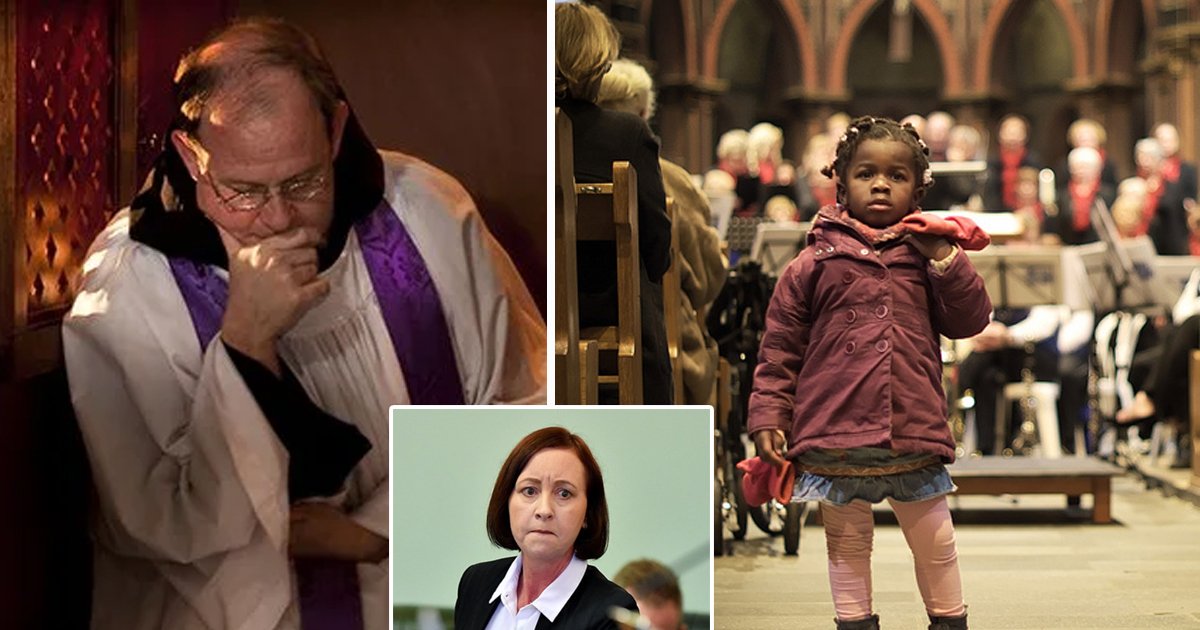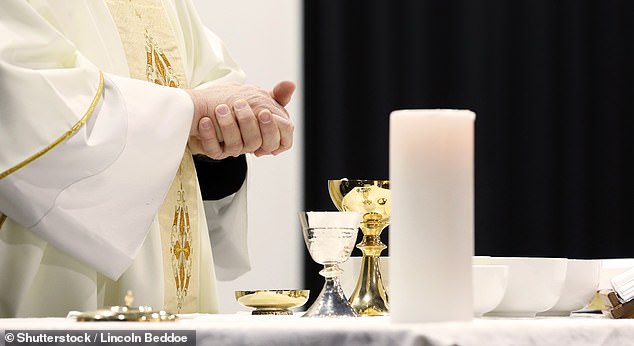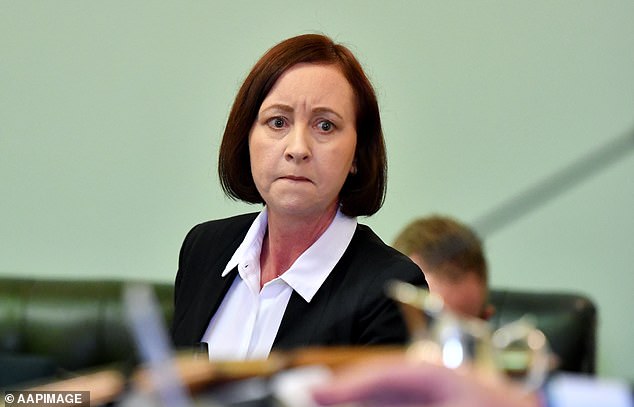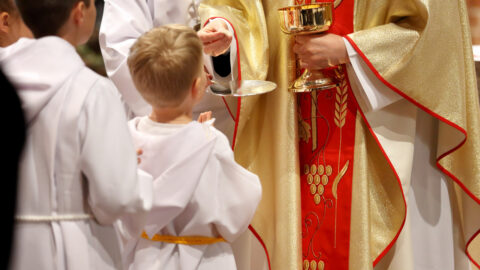Queensland’s local parliament has made it illegal for priests to withhold information regarding child sexual abuse.
The new laws dictate that if a priest is found lying or concealing information about child abuse, sexual or otherwise, he will be facing hefty prison terms.
According to the National Child Protection Clearing House, there are over 7000 cases of child abuse in Queensland annually. These cases include those of emotional abuse, neglect, physical abuse, and sexual abuse.
The local parliament’s decision on strengthening child protection laws is to curb the number of these cases. As suggested by the Royal Commission of Institutional Responses to Child Sexual Abuse, priests, with their position of power, are under unique circumstances when it comes to reporting abuse.
The sanctity of confession prevents them from coming forward. With this new law, priests can expose abuse without risking a penalty for violating the seal of confession. The parliament hopes this may increase reports.
Moreover, the law places ample accountability on those priests who knowingly ignore cases of child abuse, protecting pedophiles. According to the law, a priest can face up to 20 years of prison time as well as receive hefty fines for failing to report a case within 48 hours.
Secondly, the law asserts that creators, sellers, and buyers of child sex dolls can also face criminal charges. Justice Minister Yvette D’Ath has stated, “These tough laws herald a new era of delivering justice to victims while sending a clear message that child sexual abuse is never OK.”
Proponents of the law agree that it’s a step in the right direction. However, critics such as MP Steve Andrew fear that the law sets a precedent for other professions. For example, if the law proves successful in curbing case numbers, other professions requiring the seal of confidentiality may come under fire.
MP Steve Andrew asserts that this may lead to a lack of trust between priests, lawyers, and psychiatrists, and their clients. Consequently, pedophiles may not confess their deeds to anyone, rendering the law moot.





